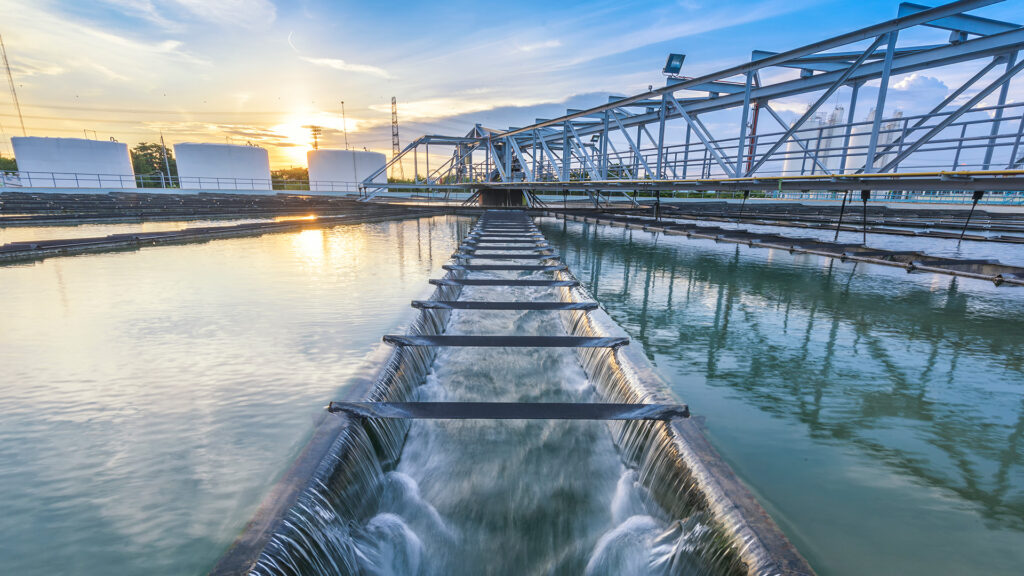The wind of change: emergence of an insurance regime appropriate for French marine renewable energy projects?, February 2016
On 3 February 2016 the French National Assembly adopted article 19 of the draft law on the ‘blue economy’ which introduces an insurance regime tailor-made for Marine Renewable Energy installations.
France’s extensive coastlines provide considerable prospects for economic development to marine renewable energy (MRE) installations and, in particular, offshore wind farms.
Unfortunately, the uncertainty which surrounds the insurance regimes applicable to such installations in French territorial waters is rightly perceived as an obstacle to development in this sector.
In the absence of specific rules, the insurance regime for offshore wind farms is today based on that applicable to onshore wind farms, this means that the compulsory cover for property damage, directly caused by acts of terrorism or by natural catastrophes, must be included.
However, these mandatory contributions represent a significant share of the insurance premium and can restrict competition for insurers of MRE projects in circumstances where the coverage capacity of the French insurance market is insufficient1.
The reduction in the insurance cost for MRE projects has therefore become part of the policy to support development of this sector in France, and represents an economic factor for the insurance market in this field.
The adoption of article 19 shows a political commitment, supported by the market, for a tailor-made insurance regime for MRE installations.
Types of property damage insurance regime
Several types of insurance cover apply to MRE projects, including those intended to cover damage sustained during installation and operation. The French Insurance Code, which applies to MRE installations in French territorial waters, has several distinct regimes:
- Under Title II of Book I of the Insurance Code relating to property damage insurance (land-based insurance), surcharges will apply to the base premium, namely:
- Contribution to the mandatory cover for natural catastrophes (CATNAT): 12% of the premium.
- Contribution to the mandatory cover for terrorist acts (GAREAT): 18% of the premium.
- Insurance taxes: 9% of the premium.
- Pursuant to Title VII of Book I relating to marine insurance, the rules are more flexible than land-based insurance:
- No mandatory contribution to the natural catastrophe regime.
- Terrorism risks are treated as part of the war risks cover.
- Tax exoneration on insurance contracts.
The treatment of MRE projects as land-based or maritime-based has financial implications for insurers, since the difference can reach 35% of the premium amount.
This issue is all the more significant as insurance for such projects represents a significant cost, both during the installation and operational phases – insurance premium is generally greater than €10 million per wind farm during the construction phase of an MRE installation.
Proposed regime for MREs
Without going so far as to transpose the MRE regime onto the marine insurance regime, article 19 tends to treat and MRE installation as a marine craft for the purposes of the derogation to the obligation to obtain terrorism and natural catastrophe cover.
Exclusion of MRE projects from the compulsory terrorism risk cover regime
Under article L126-2 of the Insurance Code, any insurance contract covering fire damage to property and damage to motorised land vehicles, includes cover for direct physical damage caused by a terrorist attack. This same article specifies that large risks can be subject to a distinct regime.
The first provision of article 19 classifies MRE installations as “large risks” in accordance with the definition at L111-6 of the Insurance Code, which provides the same treatment to maritime craft.
By assimilating the regime applicable to MRE projects with that of maritime craft, MRE projects would thus fall outside the scope of the mandatory regime applicable to terrorism risks. This exclusion is not intended to deprive MRE projects from cover for such risks, instead the intent is that cover may be proposed at market rates, encouraging better competition between insurers.
Exclusion of MRE projects from the scope of the mandatory regime applicable to natural catastrophes
Article L125-1 of the Insurance Code provides that insurance contracts covering fire damage or other damage to property situated in France, as well as damage to land based motor vehicles, entitle the insured to cover for the effects of natural catastrophes.
Article L125-5 of the Insurance Code nevertheless excludes from this regime damage suffered by aircraft and watercraft.
However the second provision of article 19 proposes to extend the application of this exclusion to MRE installations.
Here again the intent is not to exclude such installations from all cover against such risks, but simply to allow the market freely to fix the terms of cover.
The treatment of the regime applicable to MRE projects with that of marine craft can be explained by the marine environment of installations such as wind farms. This also has a significant impact on the insurance cost of MRE projects, and can be seen to encourage better competition between French and foreign insurers.
Whilst the initial intent of the draft law appears to have been to apply to MRE projects the same legal regime as that applicable to marine craft, this assimilation has for the time being been limited to excluding mandatory cover for acts of terrorism and natural catastrophes. Parliamentarian Leroy nevertheless explains that “it cannot be ruled out that one construction of the current Insurance Code allows one to consider floating wind farms as hulls of marine craft”2.
Mr Leroy has openly admitted that the objective of this draft law is to allow the insurability of marine renewable energy projects by exonerating them from the mandatory insurance provisions relating to natural catastrophes and terrorism. It remains to be seen what position the Senate will adopt on this draft law, which is subject to an accelerated passage since 12 January 2016. The Law Commission will meet after the draft law has been presented to the Senate. We will then know if this objective has been met.
For more information, please contact Pierre-Olivier Leblanc, Partner, on +33 1 44 94 40 50, or pierre-olivier.leblanc@hfw.com, or your usual contact at HFW.
Footnotes
- Report 3178 28 October 2015, M. Leroy
- See above
Download a PDF version of ‘The wind of change: emergence of an insurance regime appropriate for French marine renewable energy projects?, February 2016’







